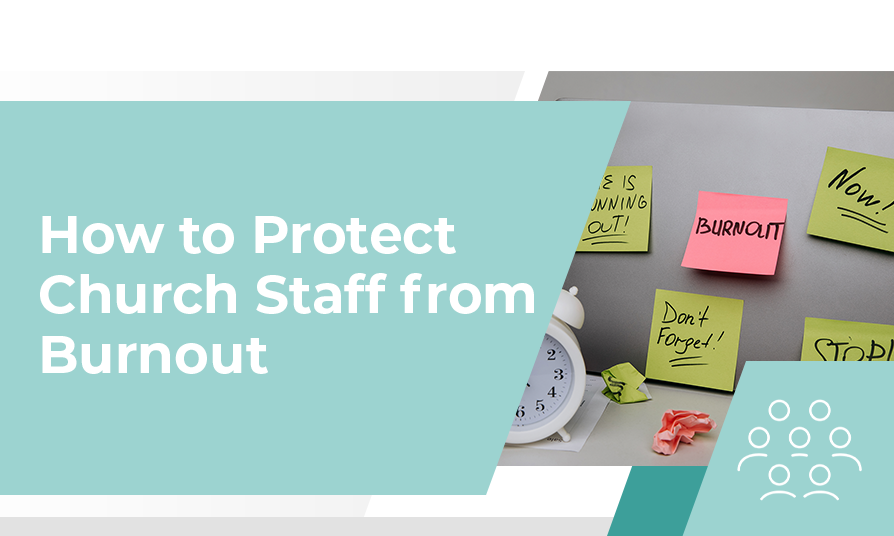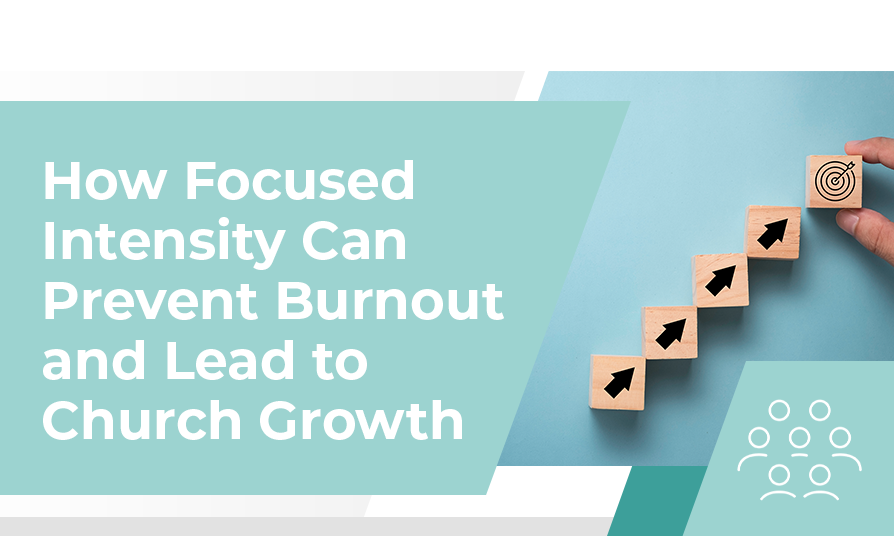How to Protect Church Staff from Burnout
As leaders, sometimes we need to protect our team members from themselves. The individuals who regularly stay late to wrap up a few tasks, who take on the toughest assignments, and practically live at the church need your help. While their dedication and work ethic is admirable – ministry is a marathon, not a sprint. …

